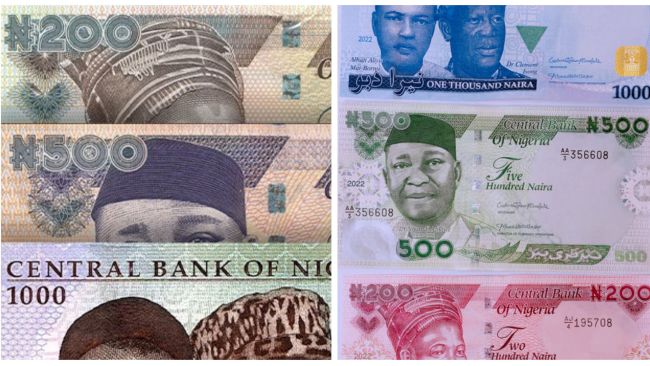CBN Reaffirms Commitment to Cleaner, Safer Naira Notes

The Central Bank of Nigeria (CBN) has restated its pledge to ensure the circulation of clean, fit-for-use Naira notes, underscoring its broader agenda of protecting Nigeria’s monetary identity, safeguarding financial stability, and driving economic resilience.
Speaking at the CBN Special Day during the 20th Abuja International Trade Fair, Mrs. Hakama Ali, Acting Director of Corporate Communications, urged Nigerians to treat the Naira as a “vital symbol of national pride” and become ambassadors of the apex bank’s Clean Notes Policy.
The Naira as National Identity
The CBN’s message went beyond currency quality. It reaffirmed the role of the Naira as a unifying national symbol that should not be abused, sprayed at parties, mutilated, counterfeited, or hawked on the streets. The bank called for collective responsibility: “Our Naira, Our Pride.”
This renewed push comes amid concerns about the rising cost of currency management, the spread of counterfeit notes, and the persistent circulation of soiled banknotes. For businesses, clean notes are not just cosmetic — they reduce transaction inefficiencies, foster public confidence, and strengthen trust in Nigeria’s financial system.
Anchoring Monetary Stability
Ali also highlighted the CBN’s broader strategy to safeguard Nigeria’s economy against shocks. This strategy rests on three critical pillars:
- A robust financial system that ensures banks remain resilient, liquid, and well-capitalized.
- A stable C to support effective business planning and investor confidence.
- Strong monetary–fiscal collaboration to ensure policy coherence in an era of global volatility.
These measures are already yielding results. Nigeria’s external reserves rose to $43.05 billion as of September 11, 2025, from $40.51 billion in July — a sign of improved foreign inflows and stronger reserve buffers.
Banking Sector Reforms and Recapitalisation
The CBN disclosed that 14 banks have met the ongoing recapitalisation requirements, a reform designed to strengthen capital adequacy and protect depositors. The remaining banks are being closely monitored to ensure full compliance. For businesses, a healthier banking sector means easier access to credit, stronger investor confidence, and reduced systemic risks.
Driving Growth Through MSMEs and Innovation
Beyond regulation, the CBN was praised by the Abuja Chamber of Commerce and Industry (ACCI) for its catalytic role in enabling growth. Through intervention funds, targeted credit facilities, and forex management, the bank has opened new frontiers for MSMEs, which make up over 80% of Nigeria’s businesses.
The apex bank’s Payment Systems Vision 2028 was also spotlighted as a transformative initiative. It aims to future-proof Nigeria’s payments ecosystem by enhancing digital security, expanding financial inclusion in rural areas, and ensuring faster, more reliable transactions.
Building Investor Confidence
The CBN’s interventions are already boosting confidence. Improved investor inflows signal rising trust in Nigeria’s macroeconomic stability, while targeted programs in agriculture, housing, healthcare, and education are de-risking critical sectors for private capital.
For the youth, the apex bank’s focus on empowerment and capacity-building is laying the foundation for a more inclusive and innovation-driven economy.
BRANDECONOMY Takeaway
The CBN’s Clean Notes Policy is not just about aesthetics — it is a powerful symbol of Nigeria’s economic credibility. By ensuring the circulation of clean, secure currency, recapitalising banks, stabilising reserves, and expanding the payments ecosystem, the CBN is reinforcing the foundations of business confidence and economic resilience.
For Nigeria’s private sector, especially MSMEs, these policies offer a pathway to greater competitiveness, easier access to finance, and stronger investor appeal.
In a world where perception drives capital flows, a clean Naira is not just money in your pocket — it is confidence in Nigeria’s economy.










